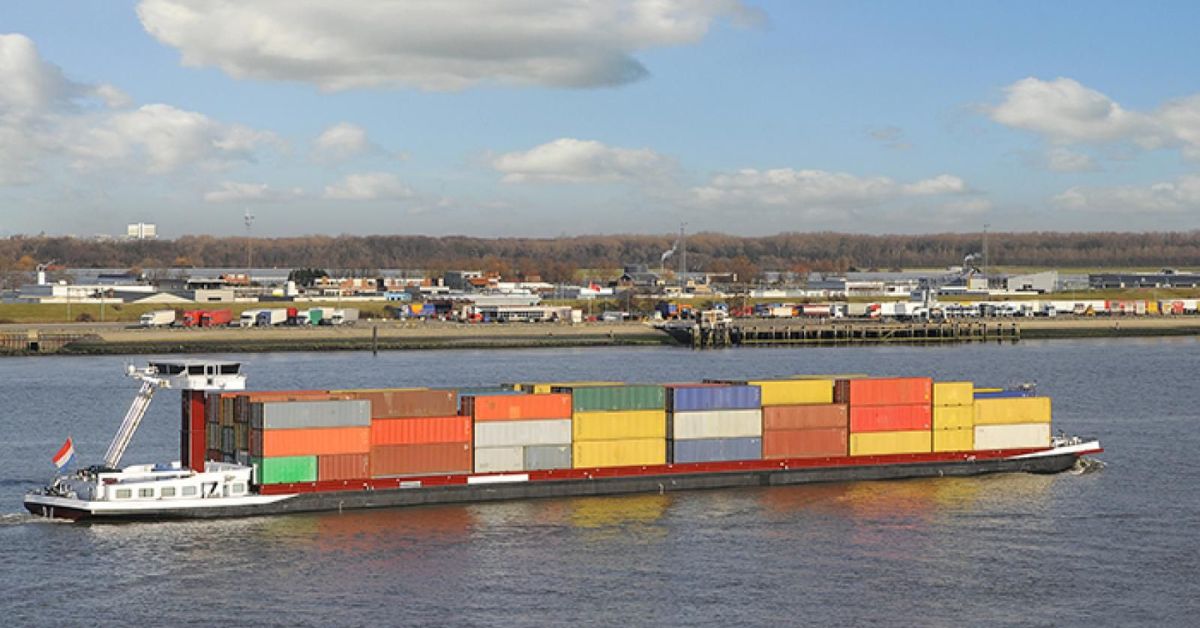The Indian government has terminated a transshipment facility that allowed Bangladesh to export cargo to third countries via Indian land customs stations.
The facility, introduced in June 2020, had facilitated smoother trade flows for Bangladesh’s exports to countries such as Bhutan, Nepal and Myanmar. The move, which effectively halts access to Indian ports and airports for such shipments, comes at a time when the United States has imposed sweeping tariffs on several countries, including India and Bangladesh. Notably, Indian exporters, particularly in the apparel sector, had previously urged the government to withdraw the facility, citing competitive concerns. However, the decision also closely follows controversial remarks by the chief adviser to Bangladesh’s interim government Muhammad Yunus during his recent visit to China from March 26 to 29.
Yunus had urged China to extend its economic influence to Bangladesh, describing the landlocked nature of India’s northeastern states as an “opportunity” for Beijing. He had remarked that India’s seven northeastern states were a “landlocked region with no access to the ocean.”
Calling Bangladesh, the “only guardian of the ocean in the region,” Yunus said this could be a huge opportunity and could be an extension of the Chinese economy. The earlier circular had allowed transshipment of export cargo from Bangladesh to third countries using Indian Land Customs Stations (LCSs) en route to Indian ports and airports. According to trade experts, the decision will help many of the Indian exporting sectors like apparel, footwear, and gems and jewellery. The apparel exporters’ body AEPC has earlier urged the government to suspend this order, which allows the transshipment of Bangladesh export cargo to third countries through the Delhi Air Cargo complex.
This leads to an excessive increase in air freight rates, delay in handling and processing of export cargo, and severe congestion at the Cargo Terminal at the IGI Airport, Delhi, resulting in exports of Indian apparel exports through the Delhi air cargo complex becoming uncompetitive.







